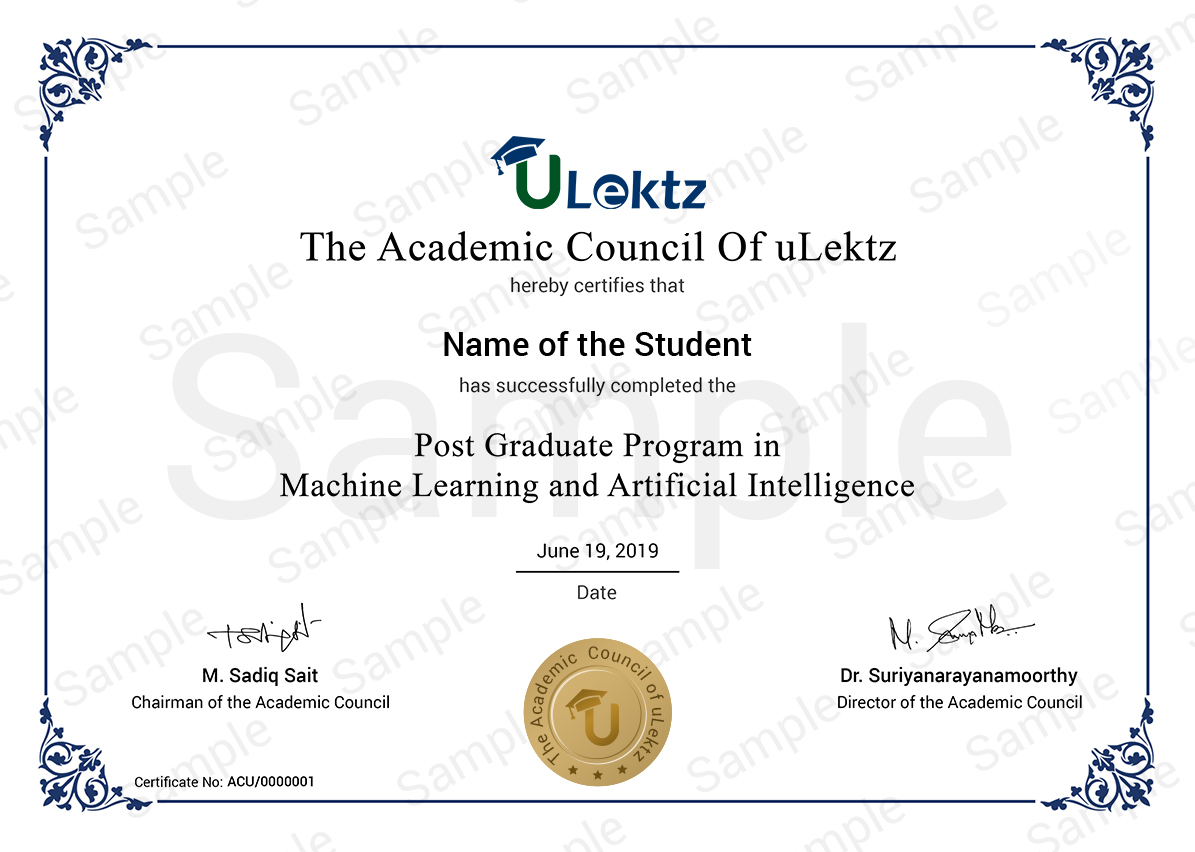

Note: Please check your Spam or Junk folder, in case you didn't receive the email with verification code.
Non-Linear: Random Order
Course Objective
The Objectives of this course is to explore the principles, algorithms, and data structures involved in the design and construction of compilers. Topics include context- lexical analysis, syntax analysis, symbol tables, error recovery, code generation, and code optimization.
This course offers a foundational understanding of Compiler Design, focusing on how high-level programming languages are translated into machine-readable code. It provides insights into the structure and function of a compiler, covering the key phases such as lexical analysis, syntax analysis, semantic analysis, intermediate code generation, optimization, and code generation. The course also emphasizes practical aspects with examples, tools, and mini-projects to reinforce concepts. It is designed to add value to the core curriculum by strengthening theoretical foundations and improving students’ problem-solving and programming skills.
Understand the role and structure of a compiler and its significance in software development.
Explain the phases of a compiler, including lexical, syntax, and semantic analysis.
Apply techniques for lexical analysis, using regular expressions and finite automata.
Construct syntax trees and parse input using parsing techniques such as LL and LR parsing.
Analyze semantic structures and understand type checking and symbol table management.
Generate intermediate code and apply basic optimization techniques.
Translate intermediate code into target machine code, understanding issues in runtime environments.
Use basic tools (like Lex and Yacc) to implement parts of a compiler.
Work on mini-projects or assignments that simulate real-world compilation scenarios.
Enhance analytical and logical thinking through compiler construction exercises.
 1.1 Translators
1.1 Translators
 1.2 Compilation and Interpretation
1.2 Compilation and Interpretation
 1.3 Language processors
1.3 Language processors
 1.4 The Phases of Compiler
1.4 The Phases of Compiler
 1.5 Programming Language basics
1.5 Programming Language basics
 Introduction to Compilers - Assessment
10 Questions
Introduction to Compilers - Assessment
10 Questions
 2.1 Need and Role of Lexical Analyzer
2.1 Need and Role of Lexical Analyzer
 2.2 Expressing Tokens by Regular Expressions
2.2 Expressing Tokens by Regular Expressions
 2.3 Language for Specifying Lexical Analyzers
2.3 Language for Specifying Lexical Analyzers
 2.4 LEX
2.4 LEX
 2.5 Design of Lexical Analyzer for a sample Language
2.5 Design of Lexical Analyzer for a sample Language
 2.6 Error Handling in a lexical analyzer (scanner)
2.6 Error Handling in a lexical analyzer (scanner)
 Lexical Analysis - Assessment
10 Questions
Lexical Analysis - Assessment
10 Questions
 3.1 Need and Role of the Parser
3.1 Need and Role of the Parser
 3.2 Context Free Grammars
3.2 Context Free Grammars
 3.3 Top Down Parsing
3.3 Top Down Parsing
 3.4 General Strategies
3.4 General Strategies
 3.5 Construction of SLR Parsing Table
3.5 Construction of SLR Parsing Table
 3.6 Introduction to LALR Parser
3.6 Introduction to LALR Parser
 3.7 Error Handling and Recovery in Syntax Analyzer
3.7 Error Handling and Recovery in Syntax Analyzer
 Syntax Analysis - Assessment
10 Questions
Syntax Analysis - Assessment
10 Questions
 4.1 Syntax Directed Definitions
4.1 Syntax Directed Definitions
 4.2 Bottom-up Evaluation of S-Attribute Definitions
4.2 Bottom-up Evaluation of S-Attribute Definitions
 4.3 Design of predictive translator
4.3 Design of predictive translator
 4.4 Type Systems
4.4 Type Systems
 4.5 Run-Time Environment Source Language Issues
4.5 Run-Time Environment Source Language Issues
 4.6 Type Checking and Symbol Tables
4.6 Type Checking and Symbol Tables
 Syntax Directed Translation & Run Time Environment - Assessment
10 Questions
Syntax Directed Translation & Run Time Environment - Assessment
10 Questions
 5.1 Principle Sources of Optimization
5.1 Principle Sources of Optimization
 5.2 DAG -Optimization of Basic Blocks
5.2 DAG -Optimization of Basic Blocks
 5.3 Global Data Flow Analysis
5.3 Global Data Flow Analysis
 5.4 Issues in Design of a Code Generator
5.4 Issues in Design of a Code Generator
 5.5 Code Generation
5.5 Code Generation
 Code Optimization and Code Generation - Assessment
10 Questions
Code Optimization and Code Generation - Assessment
10 Questions
 Final Assessment
20 Questions
Final Assessment
20 Questions
The certificate issued for the Course will have
Only the e-certificate will be made available. No Hard copies. The certificates issued by Sharnbasva University, Kalaburagi. can be e-verifiable at www.ulektzskills.com/verify.



 60 hours Learning Content
60 hours Learning Content 100% online Courses
100% online Courses English Language
English Language Certifications
Certifications